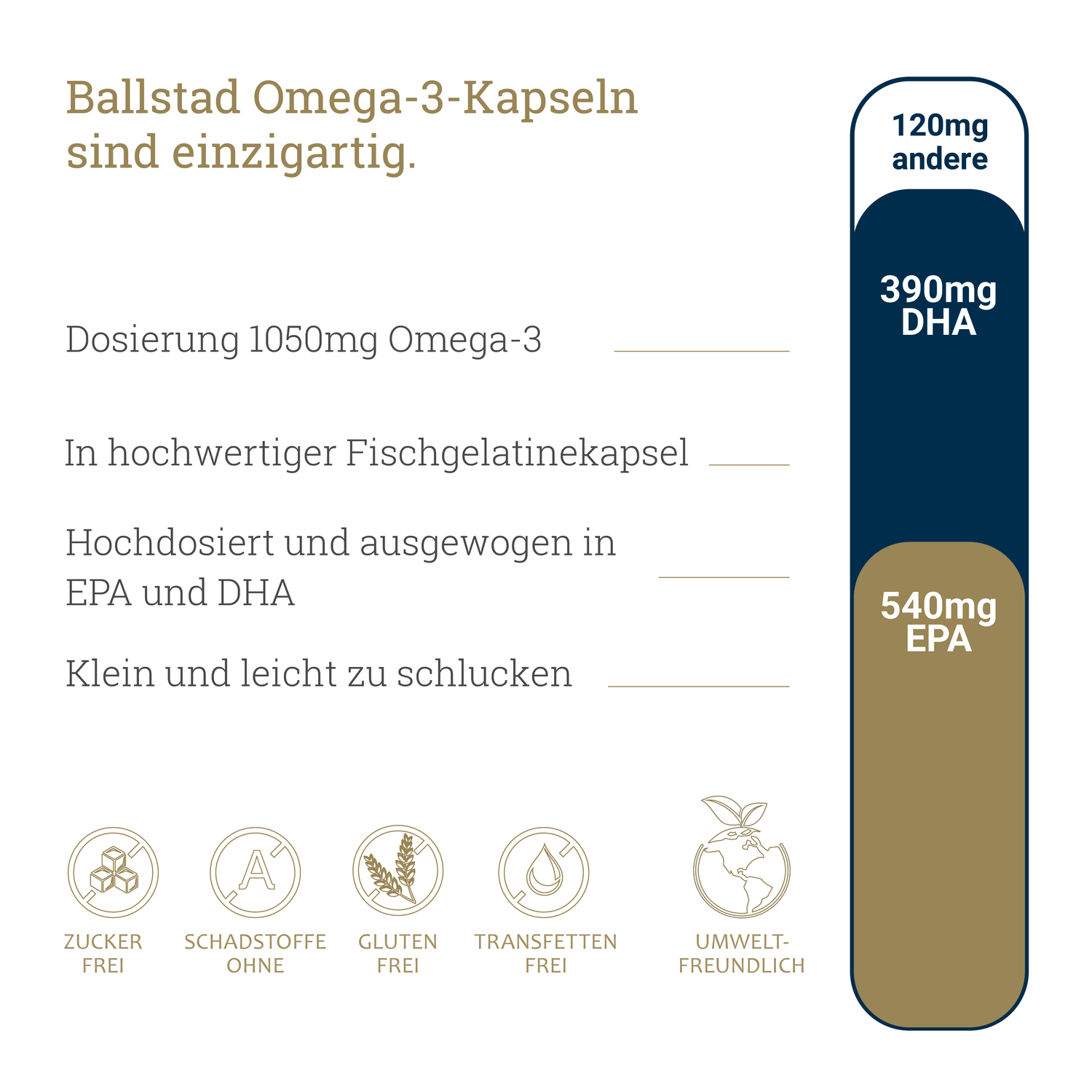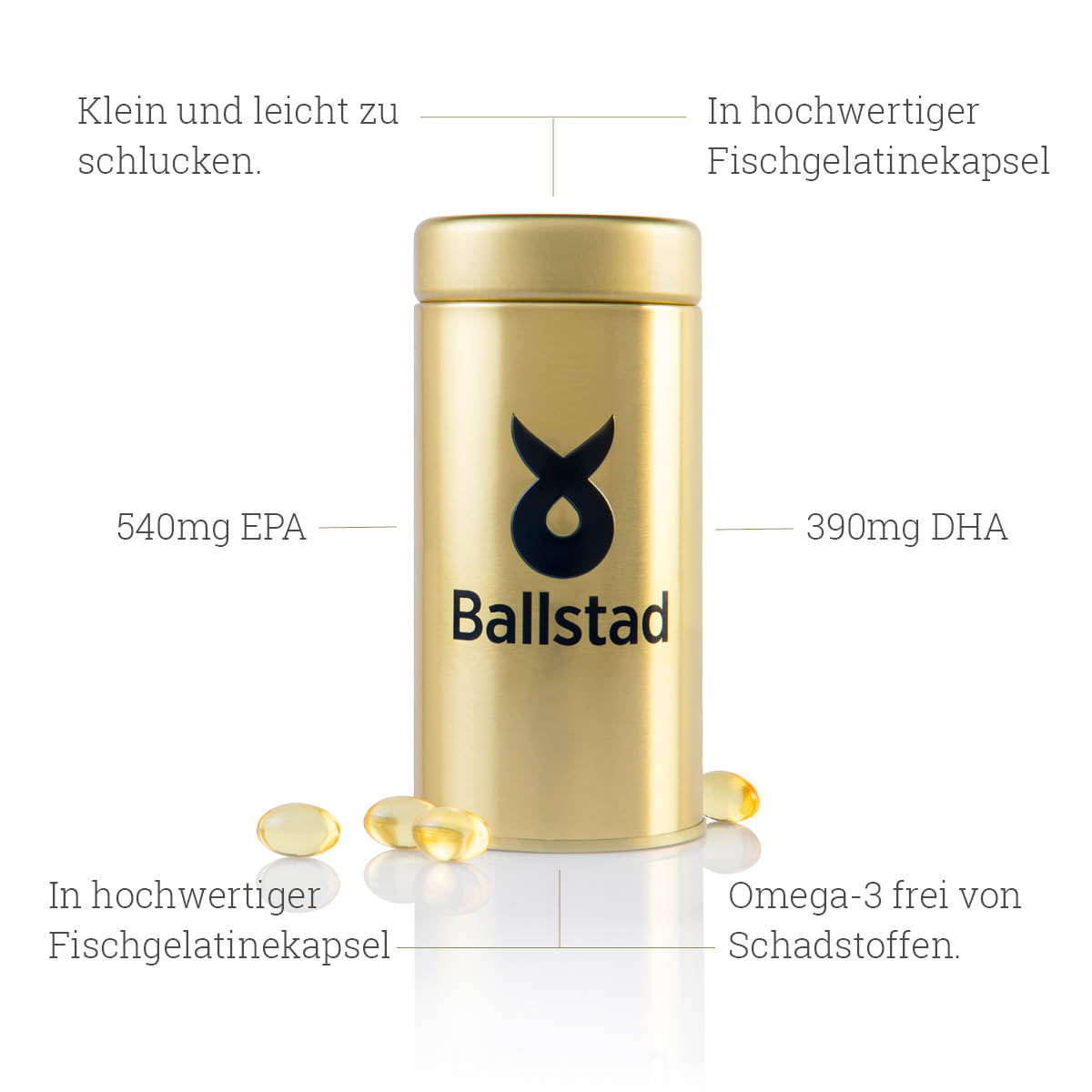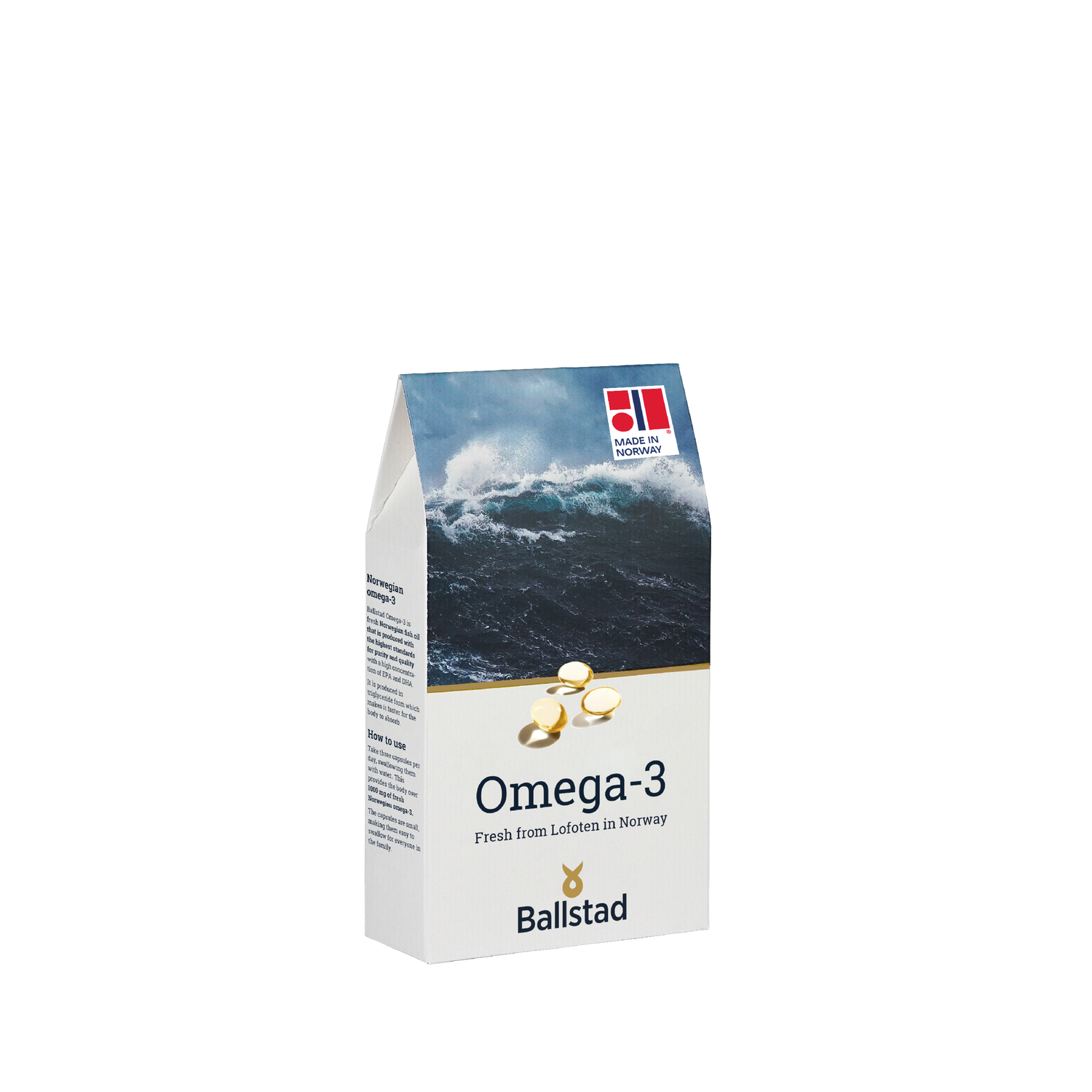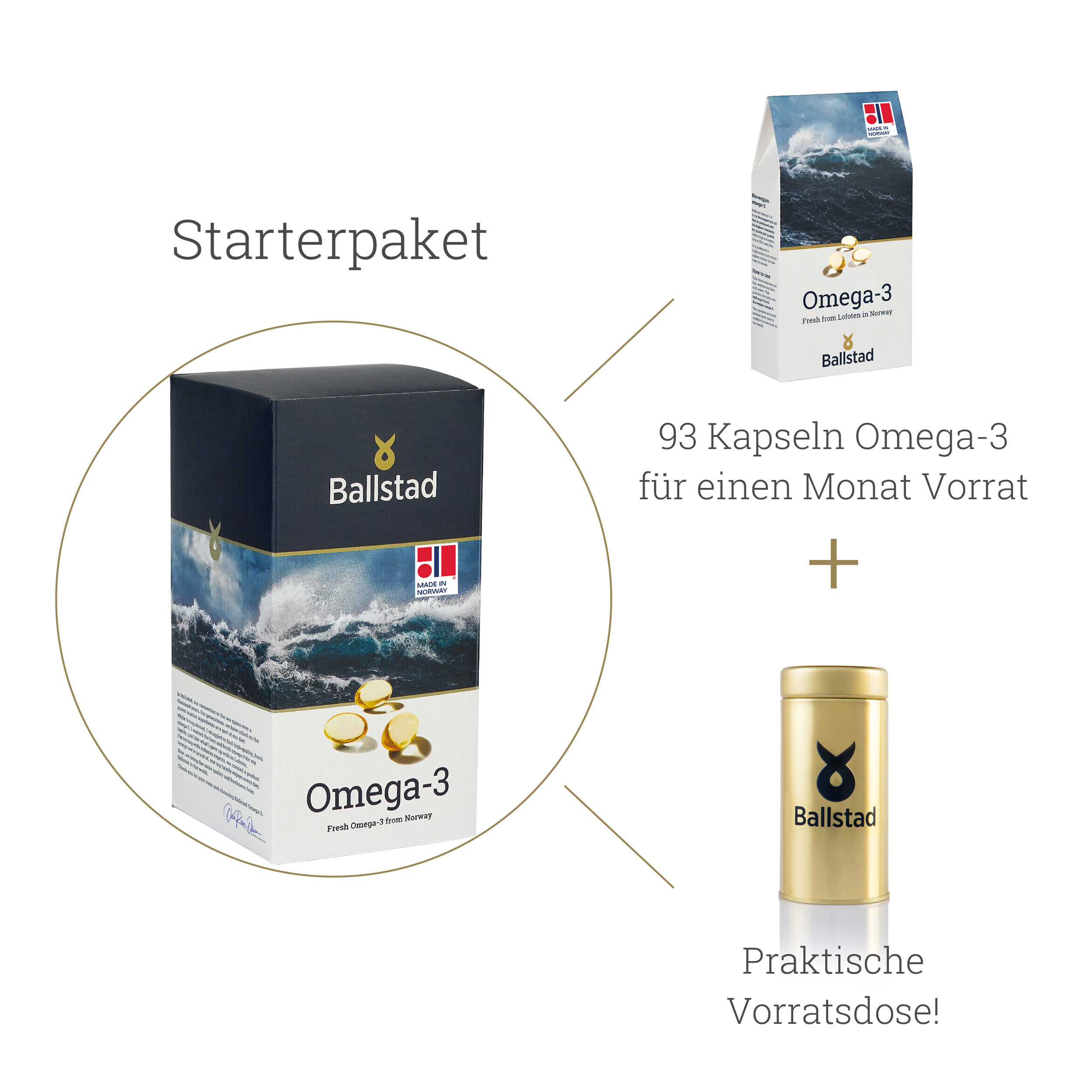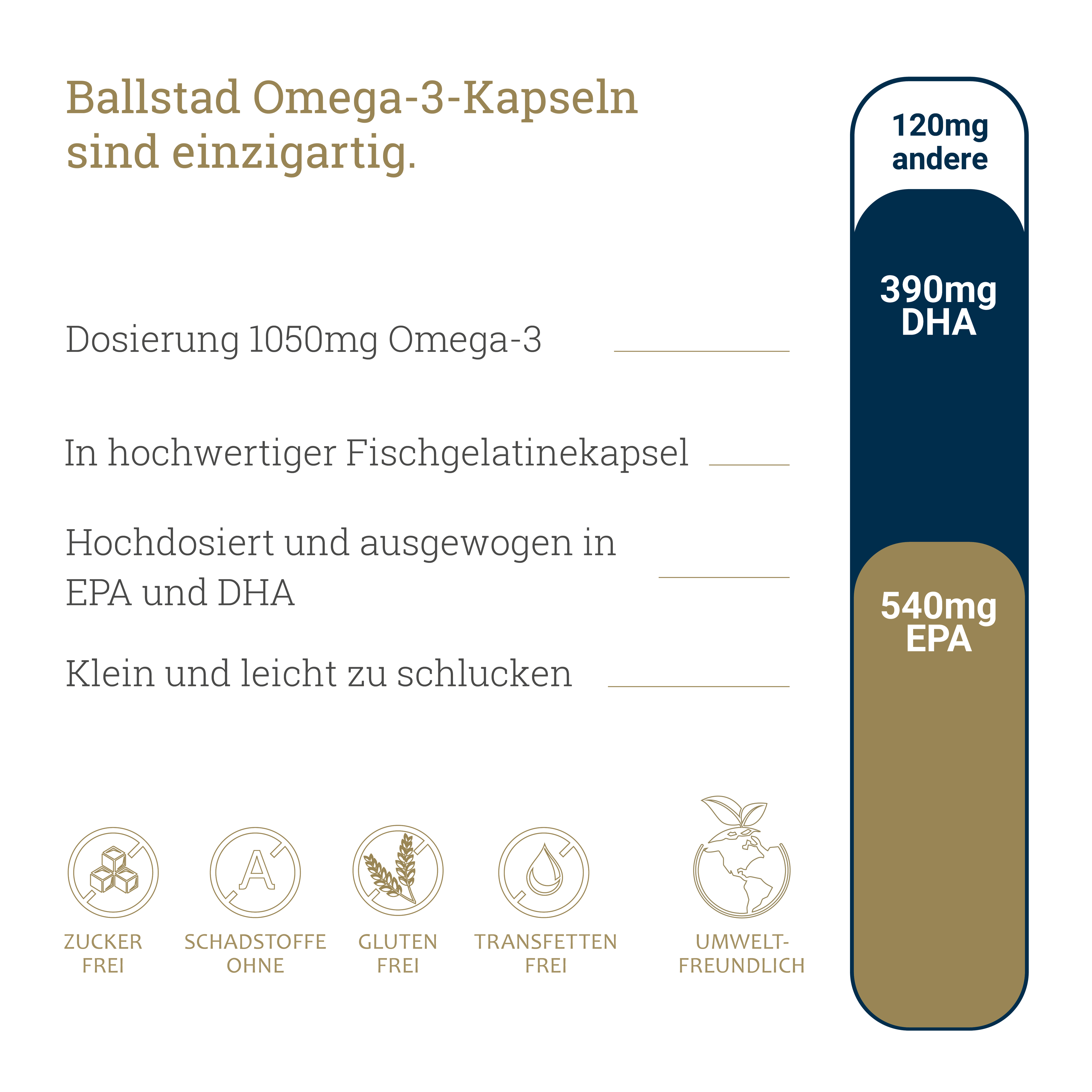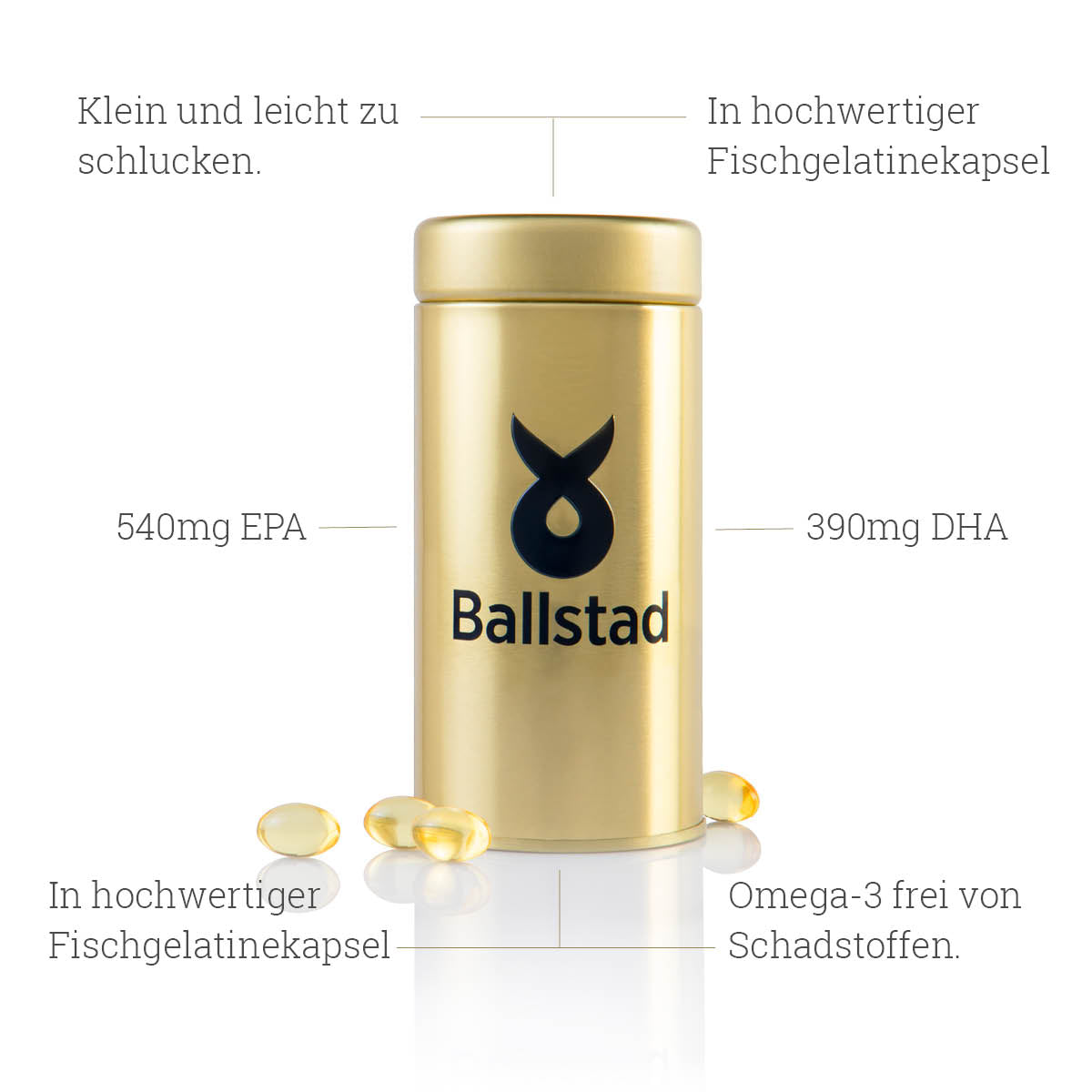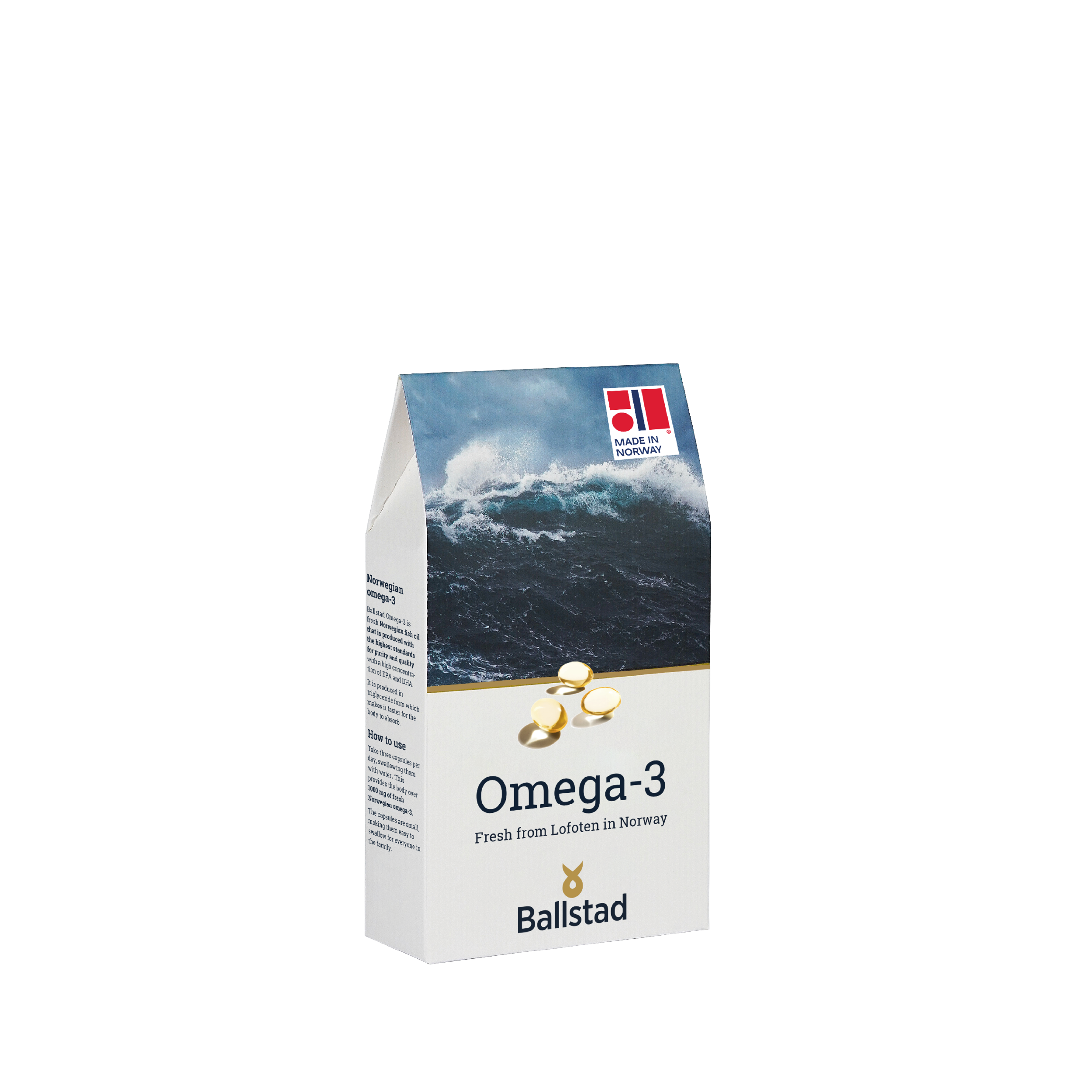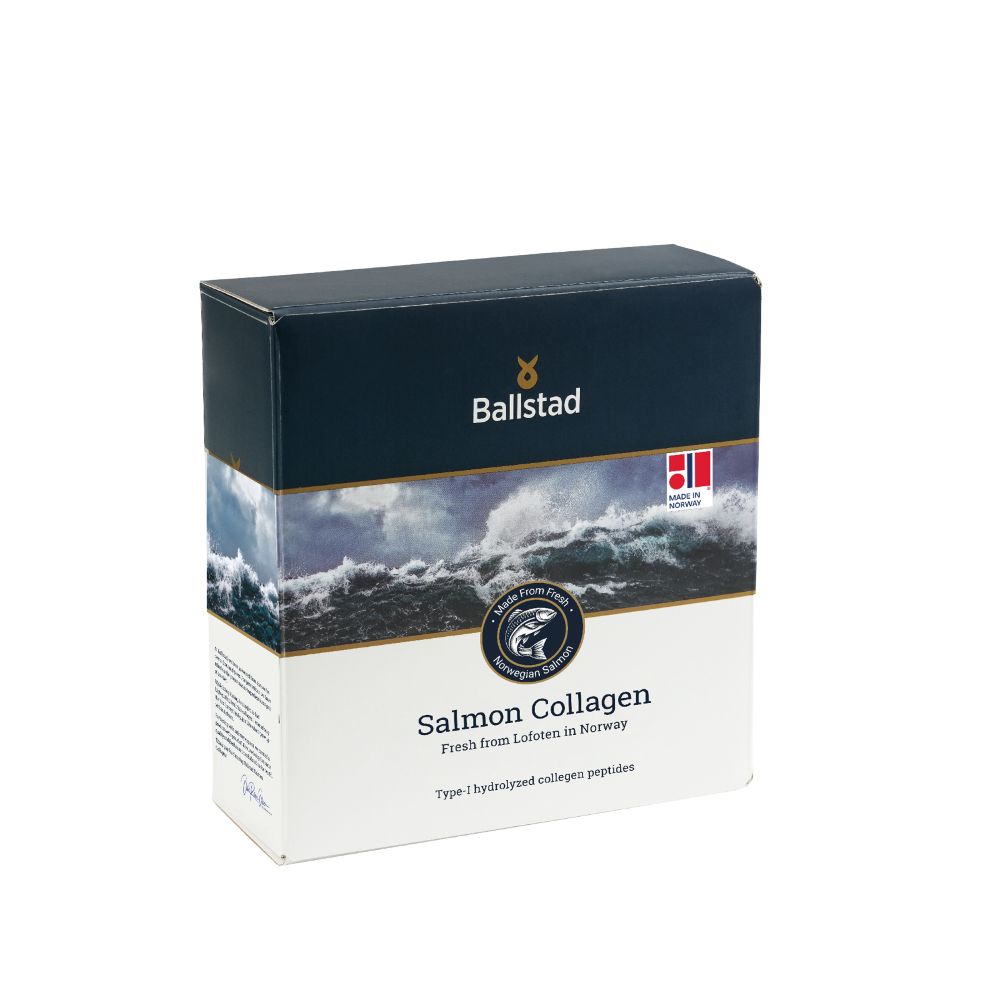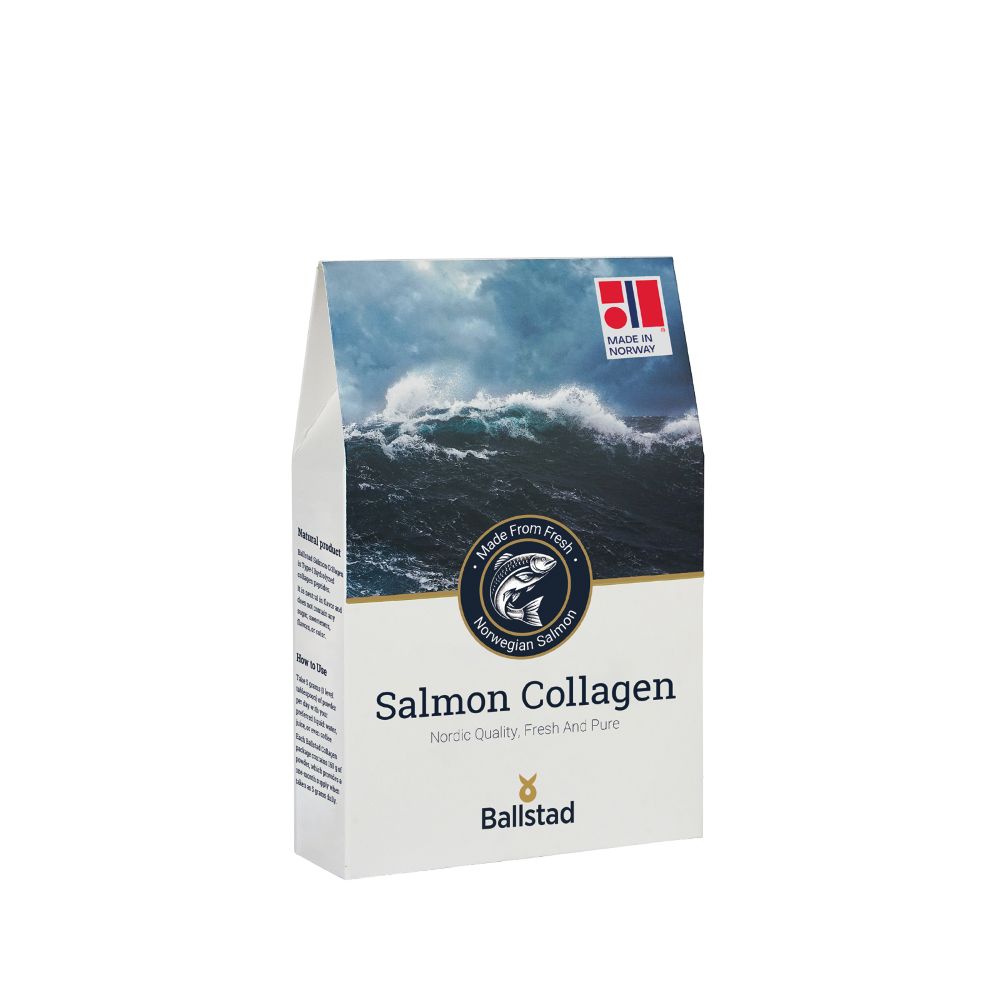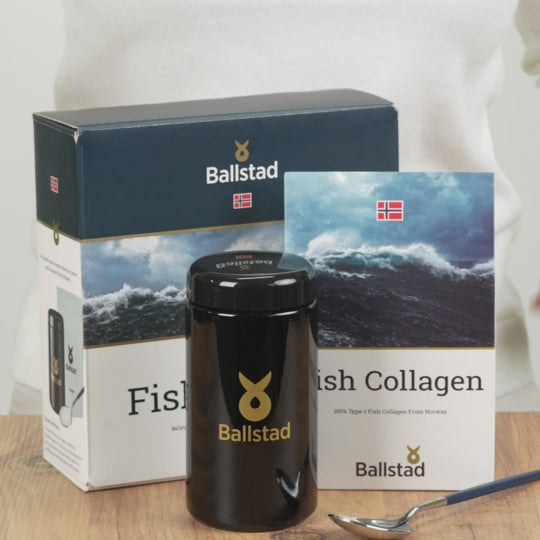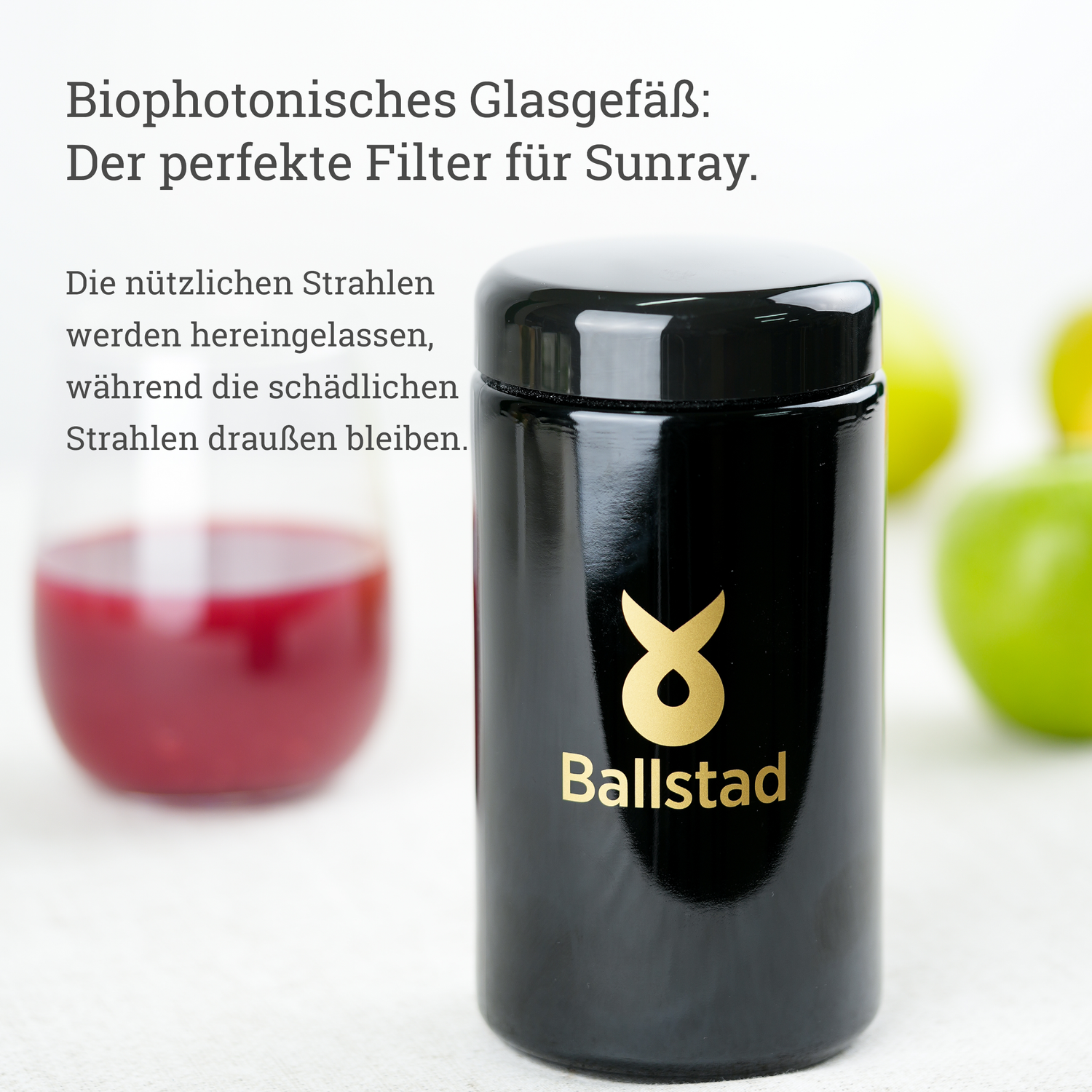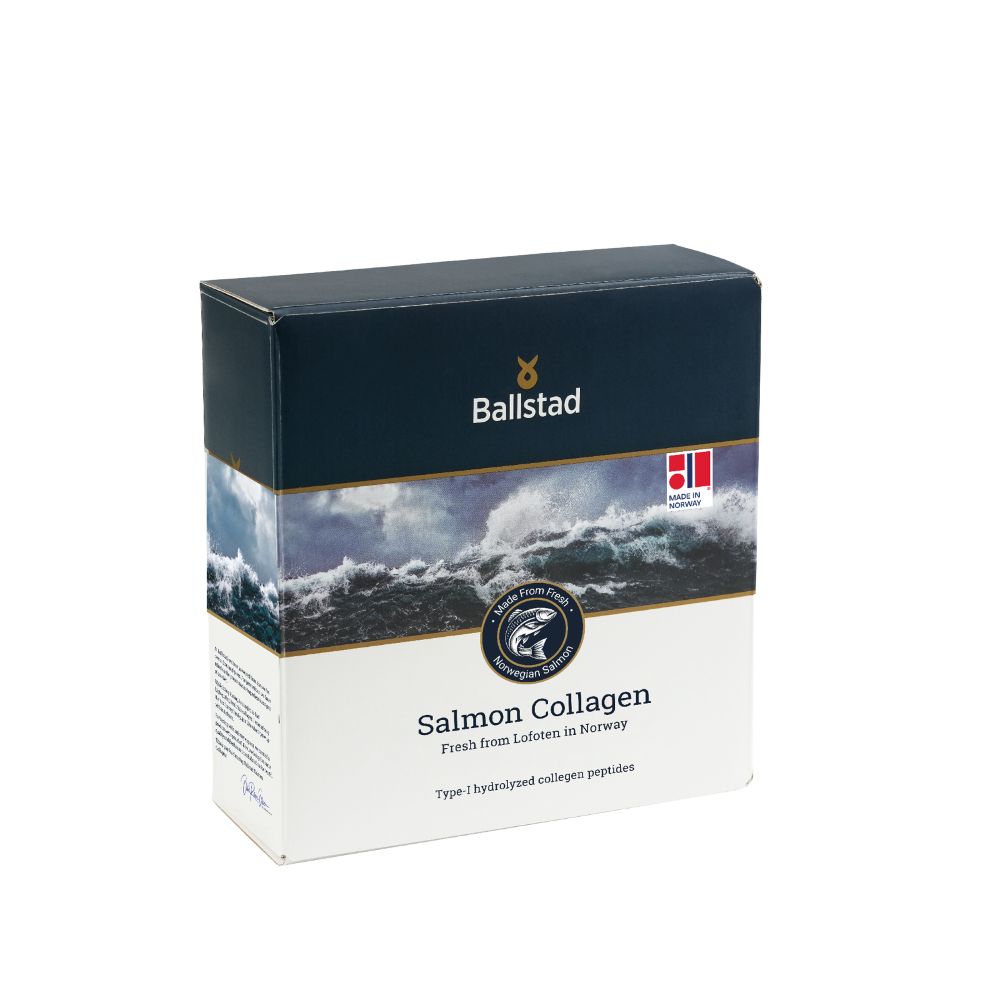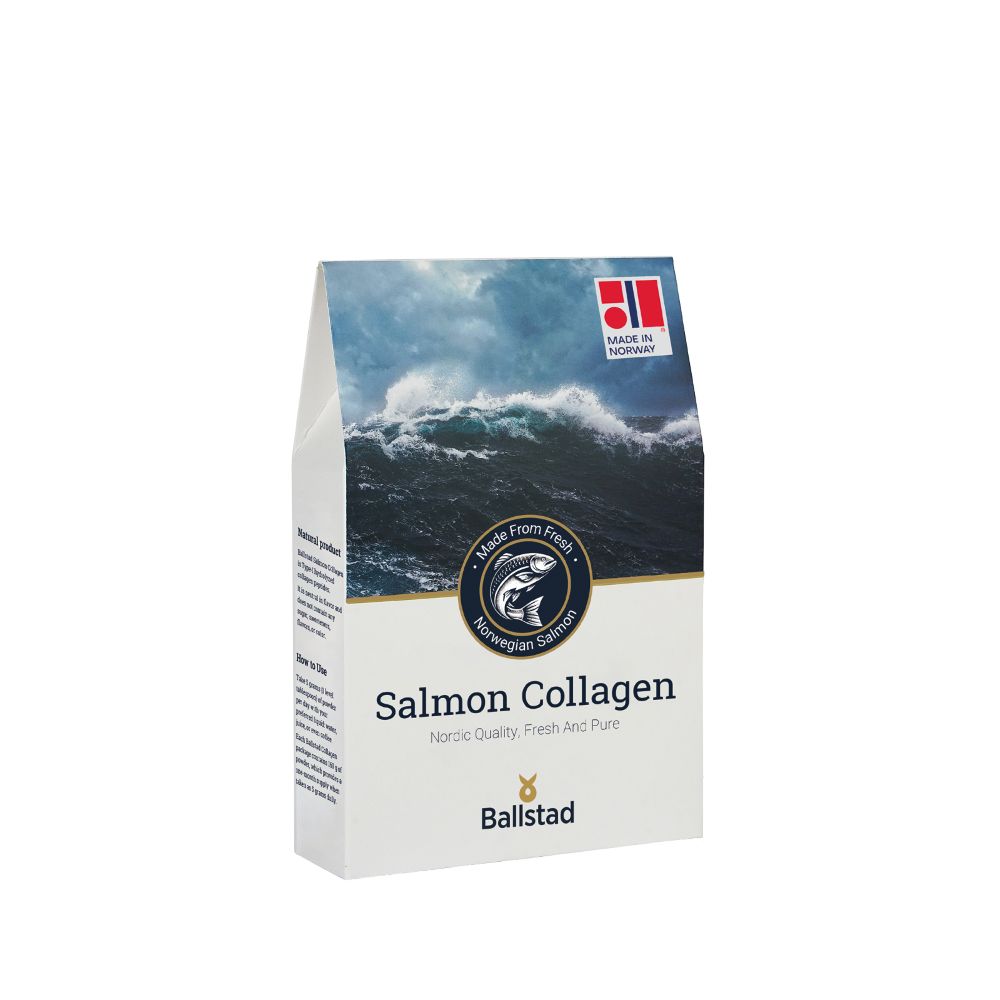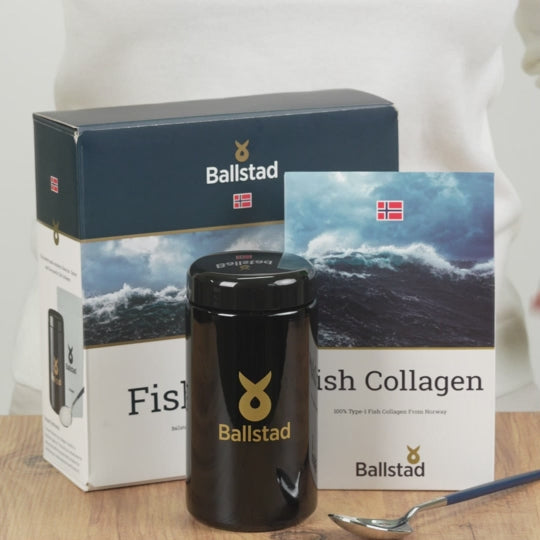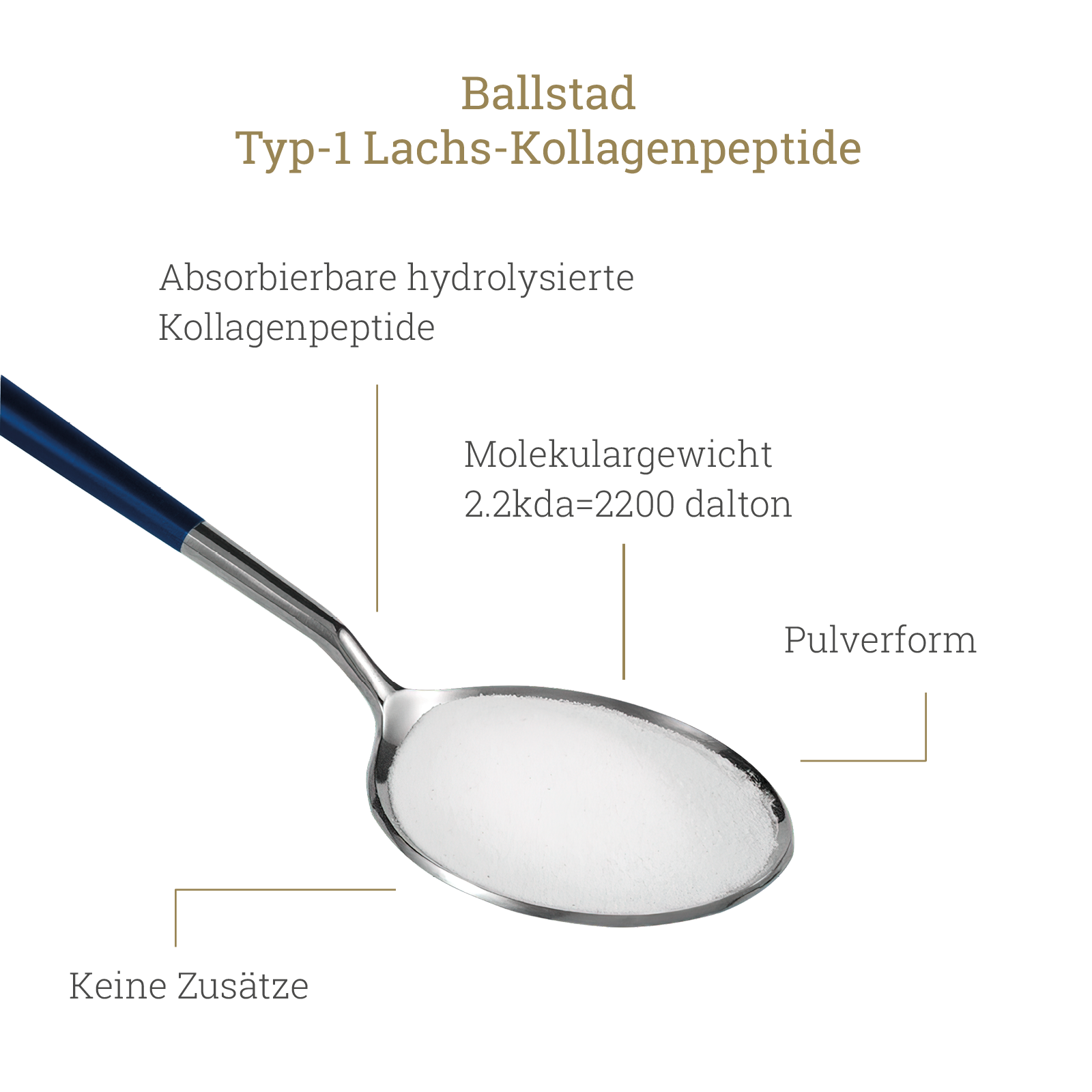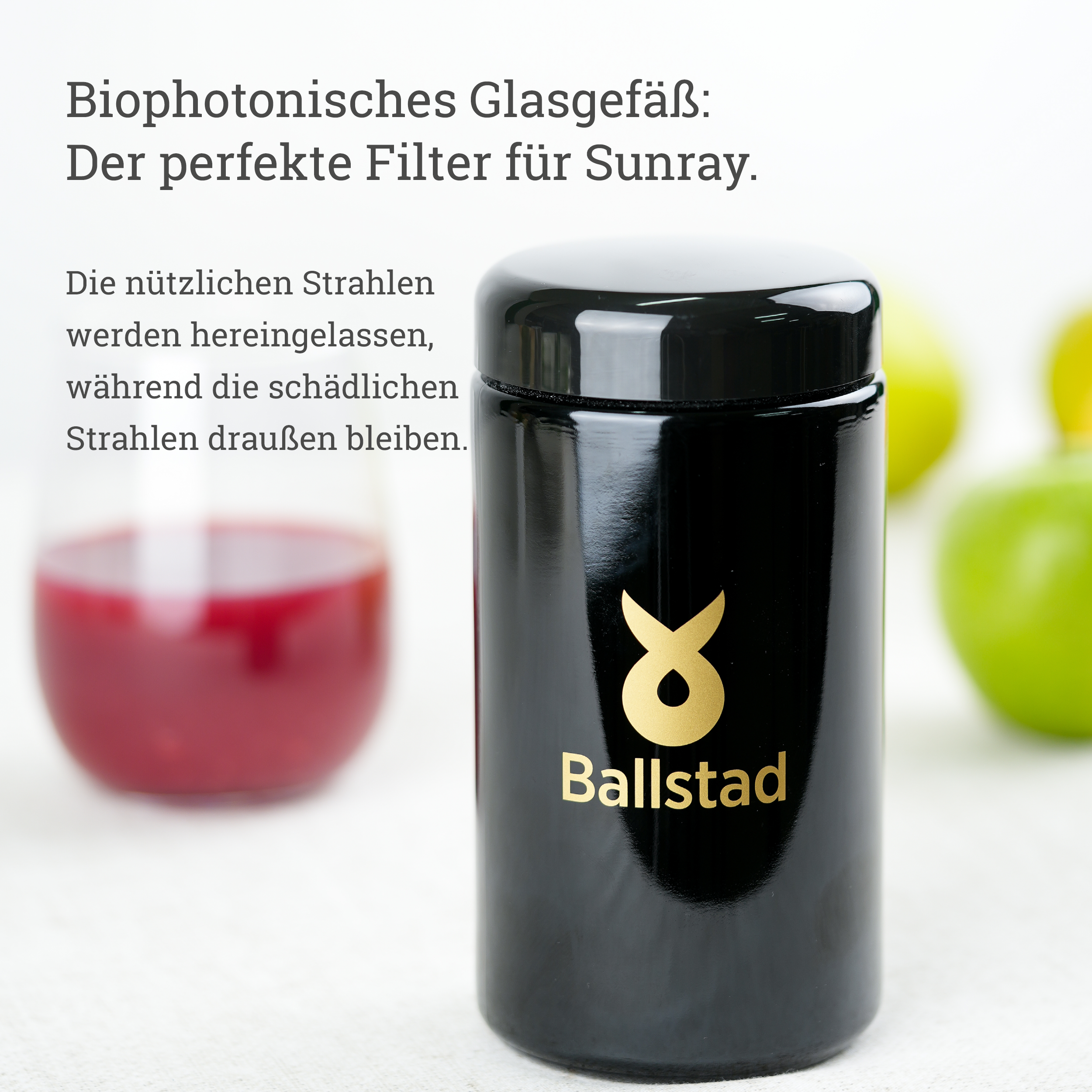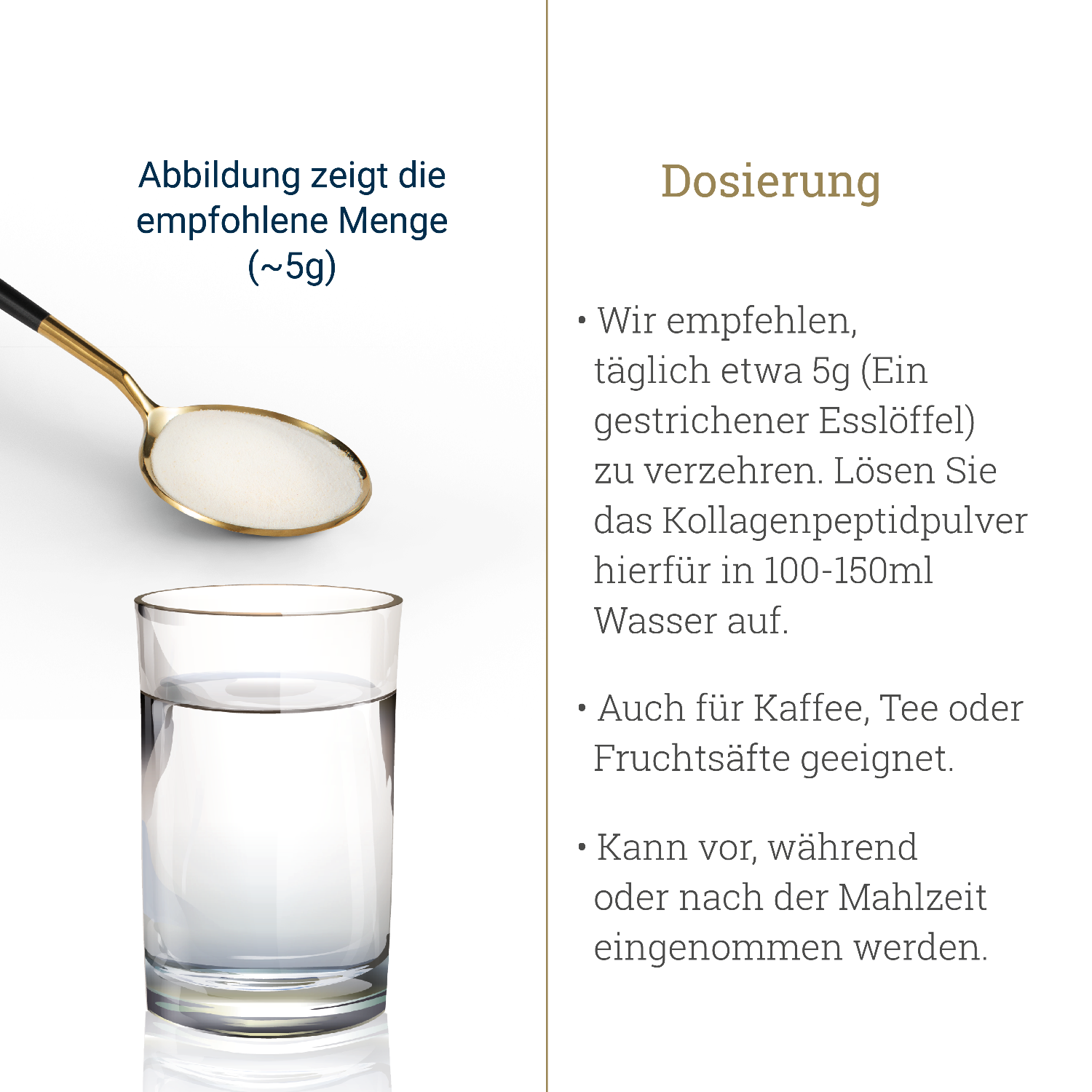Healthy skin starts from within
Many people rely on external skincare products like creams and serums. However, the foundation for healthy skin is laid within. Omega-3 fatty acids, especially EPA and DHA, are essential nutrients that the body cannot produce itself and must therefore obtain through the diet.
Why are omega-3 fatty acids important for the skin?
Omega-3 fatty acids contribute to the maintenance of normal skin by:
-
support the skin barrier,
-
contribute to maintaining skin moisture,
-
and are involved in normal inflammatory processes. healthy-rituals.com+2omega-life.ch+2NORSAN Germany+2
A deficiency in omega-3 fatty acids can manifest itself in dry, flaky skin, redness or increased sensitivity.
Omega-3 fatty acids and specific skin aspects
acne
Studies suggest that omega-3 fatty acids have anti-inflammatory properties that may be helpful in supporting balanced skin. omega-life.ch
Atopic dermatitis
In atopic dermatitis, omega-3 fatty acids may help relieve symptoms by strengthening the skin barrier and modulating inflammation. NORSAN Germany+1SpringerLink+1
Skin aging
Adequate intake of omega-3 fatty acids can help maintain skin elasticity and minimize the appearance of fine lines.
Integrating Omega-3 into your daily routine
To benefit from the potential benefits of omega-3 fatty acids for the skin, you can:
-
consume fatty fish such as salmon, mackerel or sardines,
-
integrate plant sources such as flaxseed or chia seeds into your diet,
-
or use high-quality dietary supplements containing EPA and DHA. artgerecht.cstatic.com
Conclusion
Omega-3 fatty acids play a supportive role in skin health. A balanced diet rich in these fatty acids can help maintain healthy skin.
Note: The stated effects of omega-3 fatty acids on the skin are based on scientific studies and should not be considered medical advice. If you have skin problems, it is advisable to consult a dermatologist.






